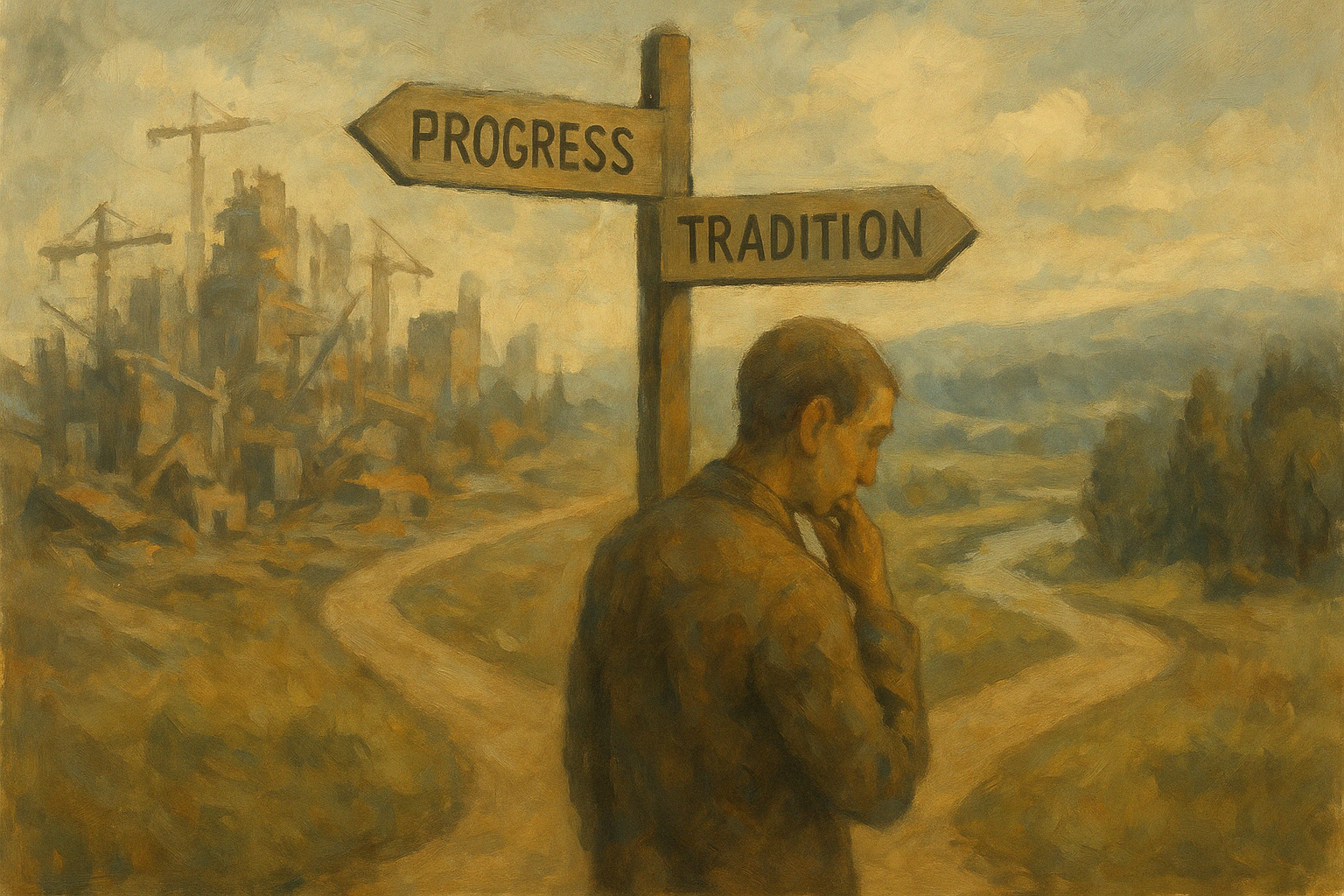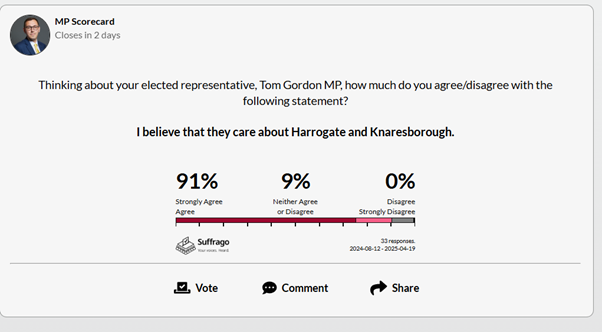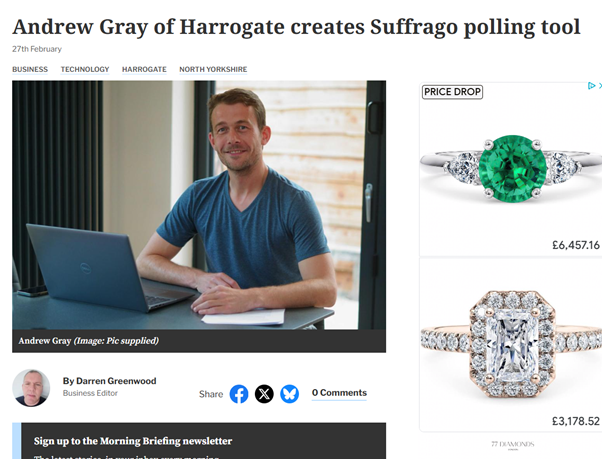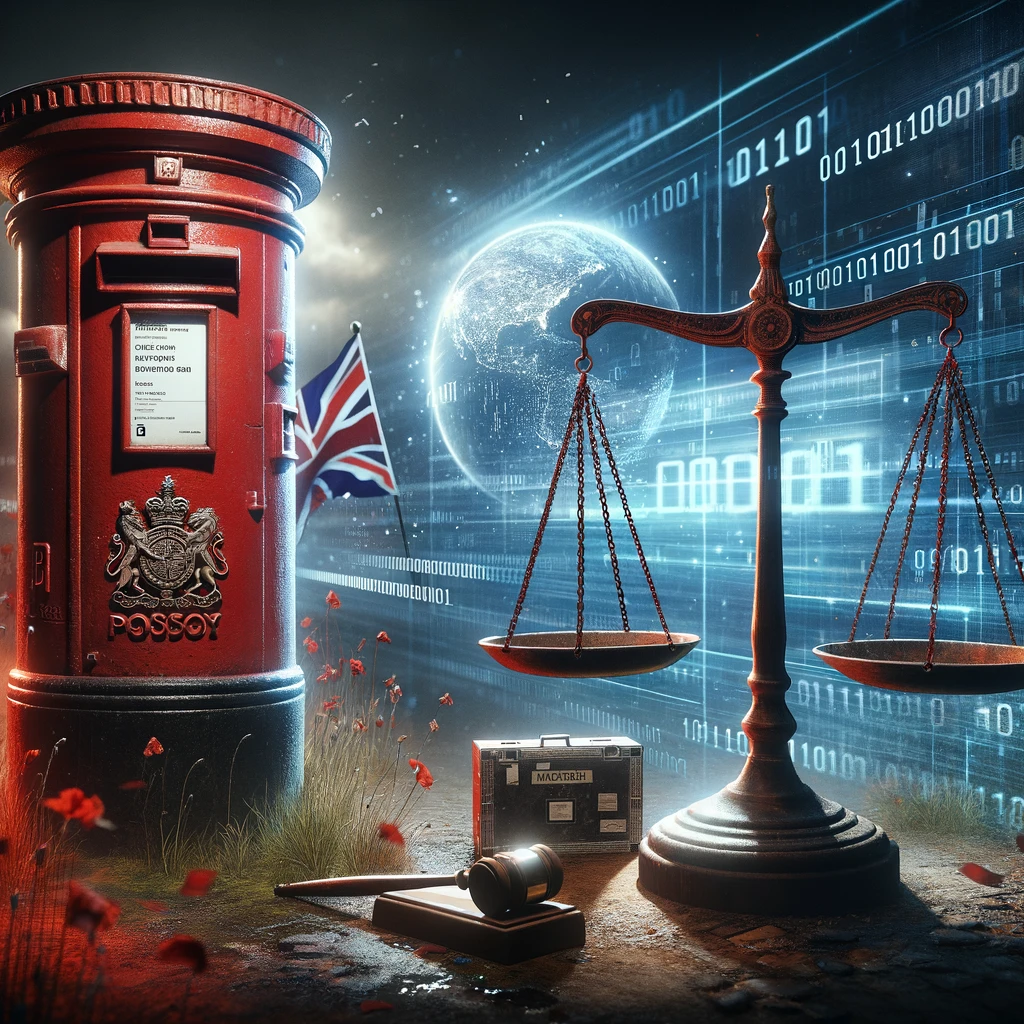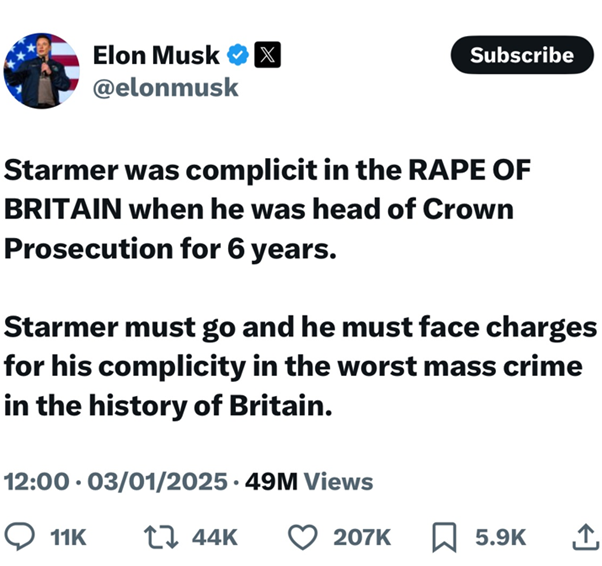Parking Covid for a moment, frequently people on ‘the left’ chastise Reckless Boris (RB) – as I like to call him but not for the rest of this blog – for his countless misdemeanours. It’s a good sport, with plenty to go at. For my part, I’ll certainly highlight incidences of his numerous errors, most of which stem from his character flaws. Levelled at our Prime Minister by many is the accusation that he is racist.
Undeniably, as a provocative journalist he has written some truly ugly words, so ugly that I won’t repeat them here. I can’t and I won’t forget the words and descriptions he has deployed over the years. But it’s a non sequitur to conclude that journalists who use such terms are, ipso facto, racists. There is a strong correlation, of course, and I won’t defend the practice.
No doubt Boris will say almost anything to anyone in order to get what he wants, but what can we learn about his actions rather than his words. I’ll give you a recent example, one which he didn’t get enough credit for; one that I wholeheartedly support.
Plugged-in followers of international affairs will be aware of the on-going unrest in Hong Kong, triggered by China’s attempts to dominate the populous, scrapping the one country, two systems principle which has governed the quasi-state since independence.
With Brexit proper just months away, with the world orientating towards Beijing – as the US self-destructs – Boris has just done the unthinkable – unthinkable if you paint him as a racist – and offered nearly 3 million inhabitants of Hong Kong a path to British citizenship should China enact the Hong Kong-grabbing legislation. Not only is this brave, bold leadership at a time when we are de-coupling from the EU and the laughingstock of the world for our Covid horror show, but this policy squashes the notion that Boris is racist.
Boris’ essay appeared in the South China Morning Post and The Times under the heading “For Hongkongers fearing for their way of life, Britain will provide an alternative.” Here’s the key Boris offer:
“Today, about 350,000 of the territory’s people hold British National Overseas passports and another 2.5 million would be eligible to apply for them. At present, these passports allow visa-free access to the United Kingdom for up to six months.
If China imposes its national security law, the British government will change our immigration rules and allow any holder of these passports from Hong Kong to come to the UK for a renewable period of 12 months and be given further immigration rights, including the right to work, which could place them on a route to citizenship.
This would amount to one of the biggest changes in our visa system in British history. If it proves necessary, the British government will take this step and take it willingly.”
Boris has made me proud. He has done the right thing. Those who will be most troubled by this are people for whom Brexit was all about curtailing immigration. To them I say, “Ha, ha”. Boris isn’t a xenophobe, he’s one of the most cosmopolitan Prime Ministers we have had. Xenophobes don’t become London Mayor.
_________________________
Inspired by the famous Blair v Christopher Hitchens debate, some years ago I ran Harrogate Debate – an Oxford Union-style debating chamber here in Harrogate. Assisted by others, I hosted debates such as: Is Religion a Force For Good In the World? This House Would Ban Faith Schools; Assisted Dying; and of course, our most attended debate: Brexit.
Each time, the format was that the audience would vote on the motion upon entry to the chamber and then again after hearing the debate. The winner was the debater who persuaded the most people to switch to their position.
Today I watched the debate: Ancient Greece v Ancient Rome, which used the same debating format. Debated in London in 2015, chaired by Andrew Marr, Boris Johnson – who read Classics – argued that Ancient Greece was more impressive, more influential than Rome, with Cambridge Don, Beard, arguing the counter. On entry, the audience were broadly even, with some “don’t knows”. In the end, Beard won. (If I had attended, I would have voted for Ancient Greece on entry and at the end).
Hardly was it a fair fight. Boris read his degree in the mid-1980s and was London Mayor at that time of the debate – i.e. he had other things to do than prepare for a charity debate. Mary Beard was a current professor of classics. Watch it. For the first ten minutes Boris meanders without purpose, occasionally impressing the audience with his smattering of ancient Greek, before then springing into life, cogently arguing his case, predicated on two simple points.
First, Greece was the midwife to Rome: without Ancient Greece, there could be no Ancient Rome. Second, Rome was far crueller than Greece – no crucifixions nor gladiatorial shows. When Beard takes her turn, she eviscerates Boris for being – you guessed it – casual with the truth.
After their position statements are over, when they spar, Boris displays his quick-wittedness and deep understanding of his subject, recounting the years that this or that ancient event occurred. Regardless of who won, regardless of whether Boris accurately portrayed Ancient Greece, we – perhaps begrudgingly, depending on your position – must accept that we are governed by a very capable person.


